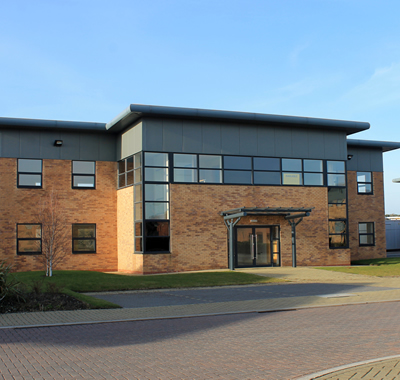
Are you underinsured?
Maybe there is a time and place for jargon but when it comes to your Buildings Insurance, there’s no room for misinterpretation.
Did you know that in 2022, fewer than one in ten properties were properly insured? Due to rising construction costs, inflation and a number of other factors, underinsurance is more prominent than ever. To ensure your cover is right, please speak with us now if you have not already.
You have likely already heard some terms flying around, so we have taken the liberty of spelling these out in clear language, so you know exactly what they mean.
Sum Insured
When you insure a building, you are responsible for determining the amount you want to be covered for, or the Sum Insured, based on how much it would cost to rebuild your entire property from scratch. Your insurer will decide how much to charge you for the insurance based on this amount.
The building’s sum insured is the maximum amount of money your insurer will pay out if you claim on your Buildings Insurance. This includes the cost of professional fees such as architects, demolition costs and labour. The sum insured of your property can be very different to the market value of your property.
Average Clause
If you insure your building for less than it is worth, the average clause determines how much your insurer will pay out when it comes to making a claim.
For example, if you insure a property that would cost £600,000 to rebuild for £300,000, you are underinsured by 50%. Due to this, the average clause dictates that whenever you claim on your policy, your insurer will only pay out a maximum of 50% of any claim you make.
No matter how small the claim is, you will always be subject to that 50% limit. Therefore, if you claim for £5,000, you will receive a maximum of a £2,500 payout.
Note: This is a very simple example, you can be underinsured for any amount and the percentage that you are underinsured by will be applied to every claim you make – no matter how small the claim.
Index Linking
With many insurers, index linking is applied to your policy so your sum insured will increase at each annual renewal to match inflation. This means that your policy will still account for the inflationary rise in the cost of materials and labour.
How to avoid underinsurance
As well as reviewing your Buildings Insurance annually, it is important to review your insurance any time you make a significant change such as a renovation or, for commercial buildings, during times of peak stock levels. At NC Insurance, we work with RebuildCostAssessment.com to provide you with an accurate valuation of your property, at a discounted rate of just £105 + VAT. To find out more, call us now on 0191 482 1219.






